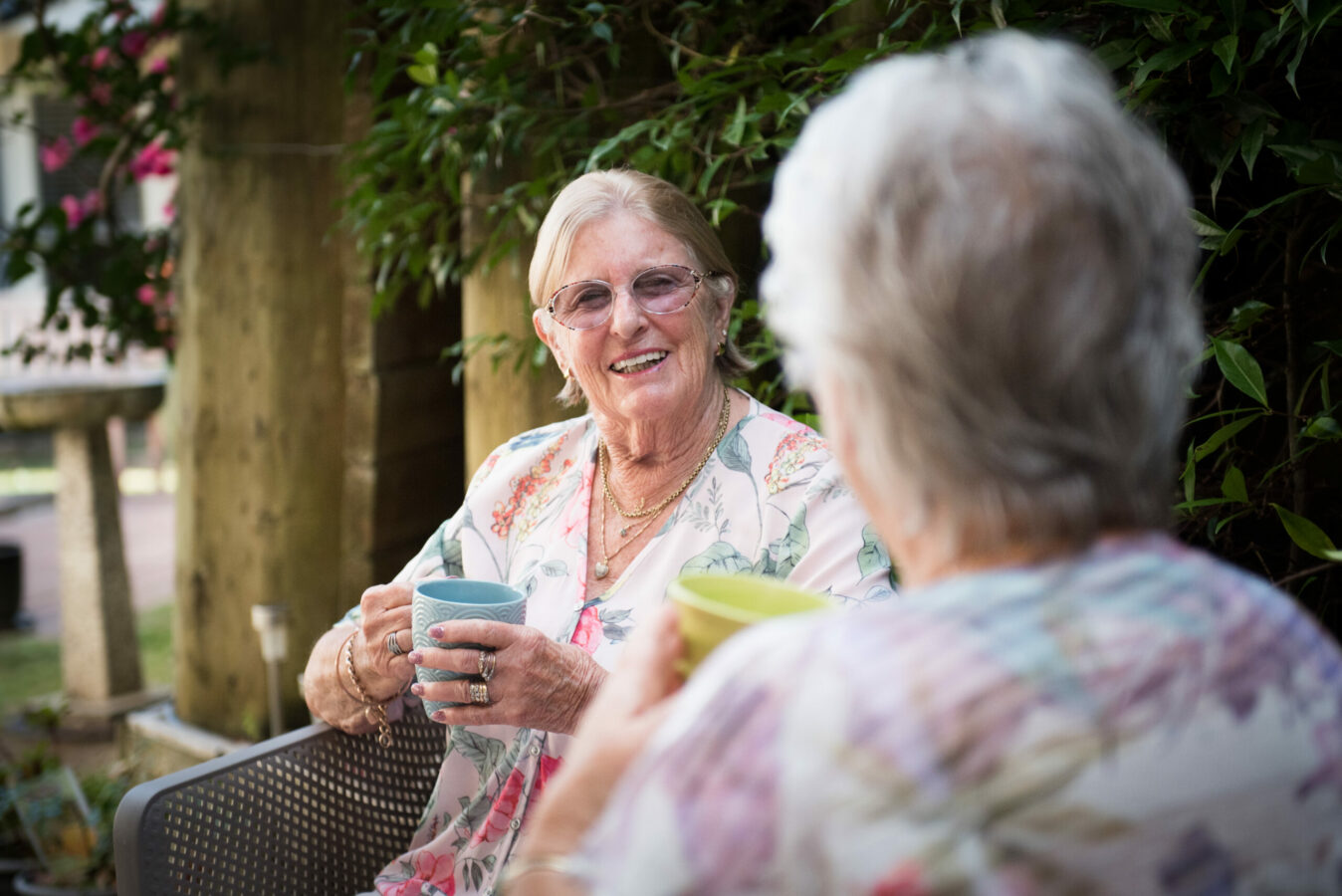As the weather finally starts heating up, many of us will be itching to get…

7 Tips for Stress Management in Retirement
Stress is a part of life, but it can become a bigger problem as we age. Chronic stress can lead to physical and mental health issues, making it important to manage stress effectively. As a retirement village, we understand the importance of managing stress and maintaining a healthy lifestyle, and have seen how little changes can make a big impact – here are seven of our top tips for managing stress.
Stay Active
Physical activity is one of the best ways to manage stress. When you get your blood pumping, endorphin levels are quick to follow, leading to an improvement in mood, reduction in anxiety, and general stress relief! Plus, exercise also improves overall health and wellbeing. Regular exercise can help to reduce the risk of chronic diseases, improve sleep, and boost mood. You don’t need to do anything too strenuous; even a daily walk can make a big difference. Our boardwalk is the perfect place to get your steps in while surrounded by tranquil gardens.
Practice Relaxation Techniques
Relaxation techniques such as deep breathing, meditation, and yoga can help to reduce stress and improve mental wellbeing. Taking a few moments to clear your mind and situate yourself in your body can stop your mind from racing. Pay attention to where you feel the stress in your body – like your neck, back, or head – and intentionally stretch or unclench these muscles. These techniques can be practiced at home or as part of a group class. Plus, with so many great classes available on YouTube, you can relax for free!
Stay Connected
Social connections are important for mental wellbeing and can help to reduce stress. As we age, it’s important to stay connected with family, friends, and the wider community. Retirement villages often offer a range of social activities and events, such as coffee mornings or hobby groups, which can be a great way to meet new people and stay connected. Here at Highgrove, our communal spaces are perfect for catching up with friends over a cuppa.
Eat a Balanced Diet
A balanced diet is important for overall health and wellbeing, including stress management. Eating a diet rich in fruits, vegetables, whole grains, and lean protein can help to support mental and physical health. Avoiding excessive amounts of caffeine, alcohol, and sugar can also help to reduce stress levels – but we are of the opinion that a square of chocolate is the perfect antidote to life’s ups and downs!
Get Enough Sleep
You don’t need us to tell you that sleep is essential! Lack of sleep can contribute to stress and other health problems, and deprivation can make dealing with stress more challenging. Aim to get at least seven to eight hours of sleep each night, and try to establish a regular sleep routine to improve sleep quality. If you would like to hear some tips for the perfect night’s sleep, read more here [link to sleep blog]
Manage Finances
Financial worries can be a significant source of stress for many people, particularly as we age. Having frequent and open conversations about your finances can help you to stay on top of it, and prevent stress before it happens. Sorted.co.nz has great resources for managing your retirement finances.
Practice Self-Care
Self-care is an important part of stress management. Taking time for yourself to do something you enjoy, such as reading, gardening, or listening to music, can help to reduce stress and improve mental wellbeing. Set aside one night for a pamper night with a face mask, hot bath, and your favourite dinner and watch the worries melt away.
In summary, by staying active, practicing relaxation techniques, staying connected, eating a balanced diet, getting enough sleep, managing finances effectively, and practicing self-care, you can improve your stress management skills and reduce the impact of stress on your life. At our retirement village, we understand the importance of stress management and offer a range of resources and support to help residents manage stress effectively.
If you are feeling stressed about finding your dream retirement village – we can help! Read our open day checklist, and get in touch. We would love to hear from you



